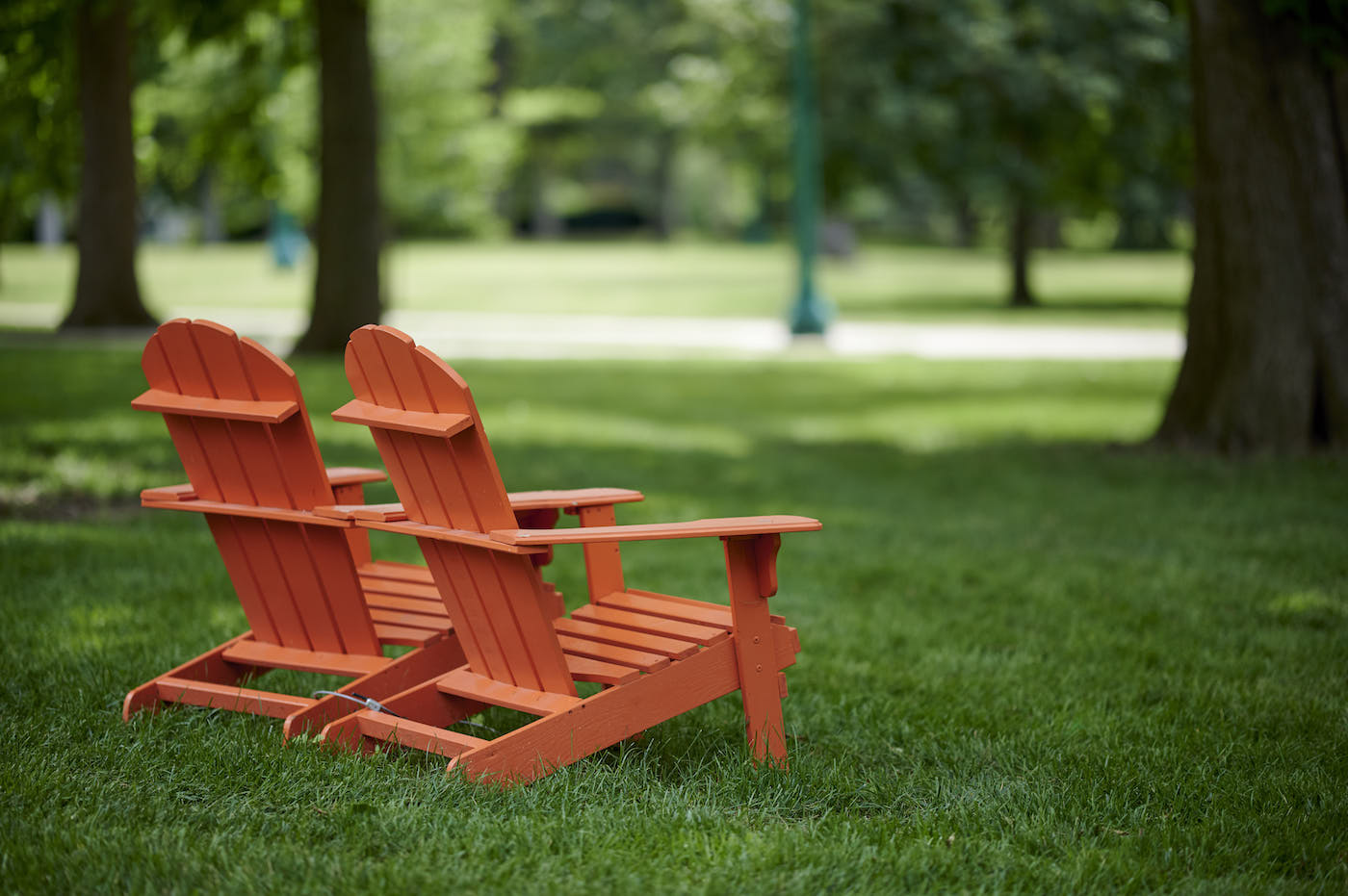Coronavirus (COVID-19)
Coronavirus Updates & Resources
Baker University continues to closely monitor developments in the outbreak of respiratory illness caused by a novel coronavirus (COVID-19). The college’s multidisciplinary COVID-19 Readiness Taskforce is meeting regularly to assess the situation and plan for impacts to our campus community.
First and foremost, we want to maintain safe campuses and encourage and adopt practices that protect the health of students, faculty, staff, and the community. We also want to ensure the continuity of operations in the event of a pandemic. We are taking proactive steps to address a number of concerns.
Update of August 26
New Quarantine & Isolation Policies
Baker’s COVID-19 mitigation policies will continue to be consistent with the CDC, KDHE, and Douglas County health department.
The CDC recently announced key changes to its COVID-19 guidelines, including quarantine requirements. Therefore, we’ve updated our quarantine policy as well.
Baker will no longer require quarantine if you’ve been exposed to someone who tested positive for COVID-19. Instead, the CDC and other local officials recommend wearing a high-quality, well-fitting mask for 10 days. You should continue to monitor for symptoms and test between days four and six of exposure. Baker Department of Sports Medicine will handle the process for exposure of student-athletes.
We’ve also made changes to our isolation policy. As a reminder, if you develop symptoms, please leave campus, get tested, and isolate yourself at home. Anyone who tests positive for COVID-19 must isolate at home for a minimum of five days. You should also notify any close contacts.
Students should use Baker’s self-reporting form and notify instructors. Employees should notify their immediate supervisor and HR at hr@bakerU.edu.
If you are able to wear a high-quality, well-fitting mask, you may return to campus on day six if the following conditions are met:
- COVID-19 symptoms are gone or resolving AND
- You are fever-free for 24 hours without the use of fever-reducing medications AND
- Your symptoms are mild
If you are not able to wear a high-quality, well-fitting mask or you have moderate to severe symptoms (shortness of breath, difficulty breathing, or hospitalization), you must isolate for 10 days.
Please continue to respect the decisions of faculty members who require masks for their classes due to individual risk factors.
Update of August 9
Fall Protocols
Please strongly consider getting vaccinated AND boosted. It’s the best defense against COVID-19 and will allow us to have the greatest campus experience possible. Unvaccinated students, faculty, and staff are subject to additional health and safety requirements.
Students: Vaccination and Booster Reporting Before Returning to Campus
We request that students submit proof of COVID-19 vaccination through the links below. Tracking these data allows us to understand vaccination and testing needs on our campus and inform our health and safety guidelines going forward.
- If you are fully vaccinated, please submit the vaccine verification form.
- If you’ve received a booster vaccine, please submit the booster verification form.
Masks Are Highly Recommended
While we do not require masks on campus, we highly recommend wearing one in public spaces. Some faculty members may require masks in their classrooms due to individual risk factors. If your professors require masks for their classes, they will let you know ahead of time. On the first few days, they will have extra masks on hand in the event you forget.
Baker recommends wearing an N95, KN95, or KF94 mask because data show these masks provide the most protection.
COVID-19 Reporting
If at any time you develop symptoms of COVID-19, leave campus, and get tested.
- Students must notify the university using the self-reporting form, which allows us to verify absences to faculty.
- Employees must notify Baker by emailing their immediate supervisor and Human Resources at HR@bakerU.edu.
Isolation
If you develop symptoms of COVID-19 or test positive, you must leave campus immediately to isolate off campus, regardless of vaccination status. The isolation period is a minimum of 5 days. Day 0 is either the date of a positive test or onset of symptoms. On day 6 or after, you may test to return to campus if you meet the following criteria:
- COVID-19 symptoms are gone or resolving AND
- You are fever free for 24 hours without the use of fever-reducing medications AND
- You receive a negative COVID-19 test result (must be an antigen test)
If you meet these conditions, you may return to campus, but you must wear a mask until day 11.
If you cannot meet all the conditions to return, you must stay in isolation for 10 days. After 10 days, no test is required to return.
If students have an extenuating circumstance and are unable to return home, please contact Dr. Bailey to discuss and create an isolation/quarantine plan. Limited space is reserved and available for isolation and quarantine on campus. There is no guarantee we will be able to provide a space for you to isolate or quarantine. Priority will be given to students who are five hours or more from their permanent address.
Quarantine
Baker defines close contact as being within 6 feet of an infected person for 10 minutes, unmasked. Your quarantine period is determined by your vaccination status.
- Fully vaccinated AND people diagnosed with COVID-19 within the past 90 days: You do not need to quarantine if you have been exposed to someone who has tested positive for COVID-19. Wear a mask around others for 10 days and monitor your symptoms. We recommend testing on day 5.
- Partially vaccinated and unvaccinated individuals: You must quarantine off campus for 5 days. We recommend testing for COVID-19 on day 5. You must wear a face covering when returning to campus until day 10.
Class Attendance
Class attendance is vital to academic success; however, if you are ill or need to quarantine, your instructors understand, and you will not be penalized for missing class. Communication is essential, so please use the self-reporting form, AND notify your instructors if you must miss class for quarantine or isolation. Please note, students missing class must also miss athletic participation in practice and competition.
COVID-19 Testing on Campus
COVID-19 testing is available in the Office of Sports Medicine and Office of Student Affairs.
Stay Informed
Rely on accurate sources of news and information about the virus.
Centers for Disease Control and Prevention
Lawrence-Douglas County Public Health
Kansas Department of Health and Environment
COVID-19 Global Cases by the CSSE at Johns Hopkins University
BU Emergency Relief Fund
Travel Guidance & Reporting
Given the rapidly evolving situation with regard to COVID-19, the Baker community is encouraged to carefully consider nonessential international travel. We encourage you to check the World Health Organization (WHO) website for travel advisories as well as the CDC’s website for travel advisories and their FAQs for travelers. Depending on your destination, you may have to make the difficult decision to change or cancel plans to ensure your own well-being and timely return to Baker.
If you are traveling to areas affected by COVID-19, we strongly encourage you to reconsider your plans because of potential quarantine in either that country or when you return to the United States. This could severely affect your plans and delay your return home.
No matter where you are traveling, if you have an underlying medical conditions, please discuss all travel with your health care provider.

What You Can Do
COVID-19 is a virus that causes symptoms similar to other respiratory illnesses, such as the flu. Symptoms may appear from 2 to 14 days after exposure and range from mild to severe and include fever, cough, and shortness of breath.
Your risk of getting COVID-19 depends on where you are, where you’ve traveled recently, your age (people over 65 are at greater risk) and whether you have a preexisting or chronic health condition such as heart disease, diabetes, or lung disease like asthma. The CDC recommends calling your doctor immediately if you have concerning symptoms and have recently traveled to an area that has ongoing cases of the virus, or have been in close contact with someone who has been diagnosed with coronavirus.
Taking preventive steps is key in preventing the spread of infection.
Here are a few reminders:
- Stay home when you are sick! (Currently, the CDC recommends that people remain home until at least 24 hours after they are free of fever or signs of fever without the use of fever-reducing medications.)
- Wash your hands frequently for at least 20 seconds with soap and water, or if soap and water are not available, use alcohol-based hand sanitizer.
- Do not share food or drinks, eating utensils, or smoking devices with others.
- Avoid touching your eyes, nose, and mouth with unwashed hands.
- Clean and disinfect shared surfaces and frequently touched objects.
- Avoid close contact with anyone with cold or flu symptoms.
- Cover a cough or sneeze with your forearm or a tissue and then throw away the tissue.
- Avoid people who are sick with respiratory symptoms.
- Practice social distancing if you or the other person is infected. View guidelines.
- Practice healthy habits. Get plenty of sleep, be physically active, manage your stress, drink plenty of fluids, and eat nutritious food.
- If traveling, wipe your airplane seat, tray, and arm rests with disinfectant wipes.
- If traveling, remain in your hotel or resort if you are sick, and seek medical care as needed.
